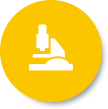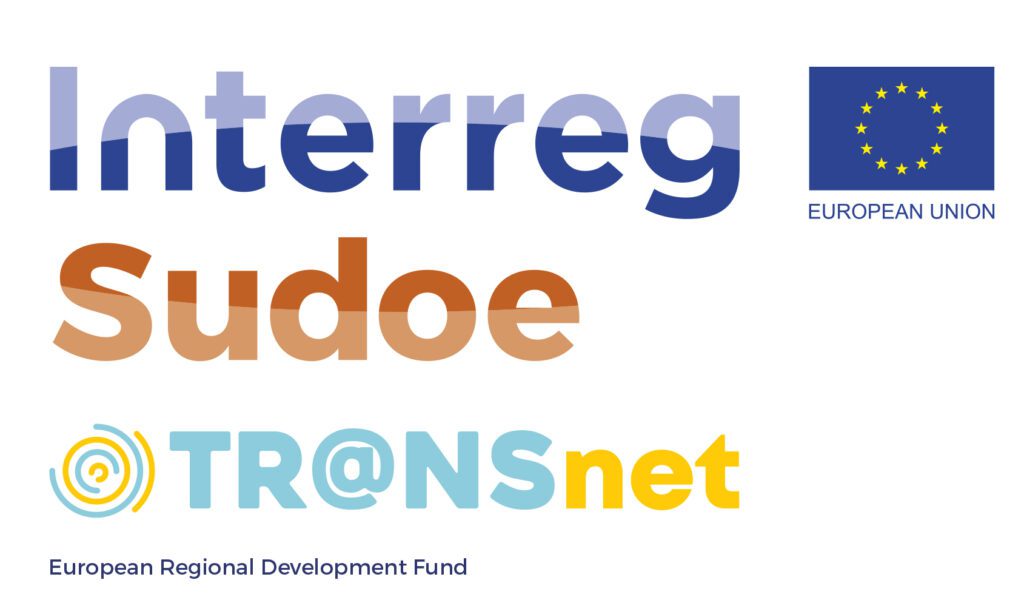Tr@nsnet aims to contribute to the challenge of the Ecological Transition (TE) by defining a new Living Lab (LL) model in the context of Open Innovation (OI). The goal is to create a generic LL model for universities (LLU) transferable to companies. The model will be based on existing technological demonstrators (Smart Light, IoT Home and electrical and thermal generation) and the creation of new demonstrators (second life of electric batteries, water cycle and mobility) allowing to test and validate new technological developments and models of deal. The proposed LL model will combine the model of The Living Labs Harmonization Cube Rubik (HC-EnoLL) methodology of the European Network of Living Labs (ENoll), with the Regulatory Sandbox (RS) tool, taking into account the market demands and regulations of the different proposals and innovative contributions that are emerging within the framework of TE. Tr @ nsnet will provide a qualitative advantage and benefit the innovation ecosystems of each region by opening up public research to industry and users.



